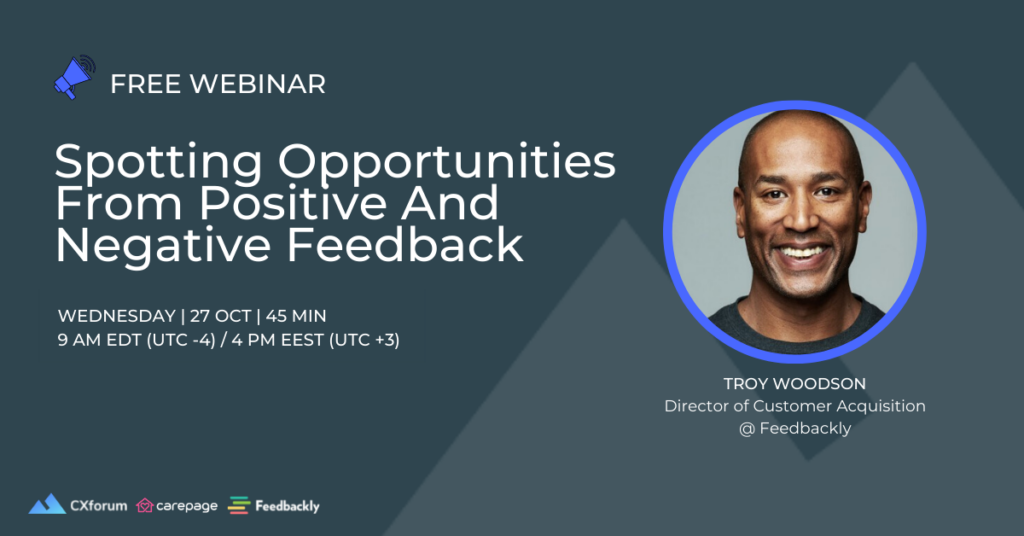
Why Your Business Should Measure Emotional Experience
There’s no doubt that emotions play a significant role in our purchasing behaviors. All of us have made at least one impulsive purchase in our life because it made us excited or happy. Similarly, we have also walked away or given up purchasing due to negative emotions.
For businesses, this emotional gratification or dissatisfaction is a treasure trove of customer data, and in this article, I will explain why!
What is Emotional Experience?
Emotional Experience (EE) looks at how customers feel about your brand and its product(s). While customers can experience different emotions throughout the customer journey, EE looks at the overall emotional perception. Measuring emotional experience can help businesses elevate customer experience and generate more revenue.
How to Measure Emotional Experience?
The idea of measuring emotions might sound like a surreal concept. But, fortunately, there’s a standardized way to measure them, and it works! The Emotional Value Index (EVI®) is the metric that measures customers’ emotions at various touchpoints as well as the entire customer journey. The EVI® survey asks customers and leads to specify the emotion they feel at different stages. For this, you need to select a common set of emotions associated with buyers, track the responses, and derive a value using the EVI® formula. If you want to learn more, click here.
Why Should a Business Measure Emotional Experience?
- It can be used on any level of CX measurement
One of the main benefits of EVI®, when compared to other KPIs, is its versatility. You can apply it both at the micro and macro-level and gain valuable insights into customer behavior. At the micro-level, it can be used to assess the quality of individual touchpoints and understand individual customer relationships. It is a vital tool for businesses to provide personalized experiences. At the macro-level, it gives you a holistic view of your brand, which will show how your brand is perceived in one glance.
- It can be measured throughout the customer journey
Unlike NPS, which is suggested to be used only post-purchase, EVI® surveys can track customer behavior from the moment they come in contact with your store until the end. EVI® can be applied at any touchpoint or phase in the customer journey as customers deal with emotions from beginning to end. The ultimate goal is to induce a consistent or near consistent influx of emotions in customers as they move from one stage to another. You also streamline the measure of CX by using one metric to track all stages, and it avoids the disparity that brands face when using separate metrics for each phase.
- It gives you a deeper insight into why people take specific actions
Emotions govern our purchasing behavior, and when they are downplayed by pain points or elevated by fabulous service, we take different actions. Through EVI®, you understand what compelled the customer to choose your brand, ditch their cart halfway through, or come back for another purchase. Thanks to the very exact emotions that are measured, EVI® makes it easier for brands to adapt to customer requirements and serve their best interests. It would also help you upsell better by understanding different customer personas and targeting those who prefer premium or combined purchases.
- It can be enriched with your sales data for better revenue
Integrating the EVI® data with your sales data can help you understand the correlations of different emotions with revenue. EVI® analytics will help you identify what emotions drive the highest sales and focus on delivering a high-quality service that triggers the specific emotion. These actionable insights are vital for any business that strive to generate more revenue with happier customers. Similarly, EVI® also helps brands understand the true cost of dissatisfied customers.Did you know that customers who feel positive emotions towards your products and services spend up to 40% more compared to those who feel negative? This is groundbreaking and makes it a no-brainer that Emotional Experience measurement is important. If you would like to learn more about it, I also suggest checking out this very comprehensive free ebook about Emotional Experience and EVI®.
-Jaakko



Recent Comments